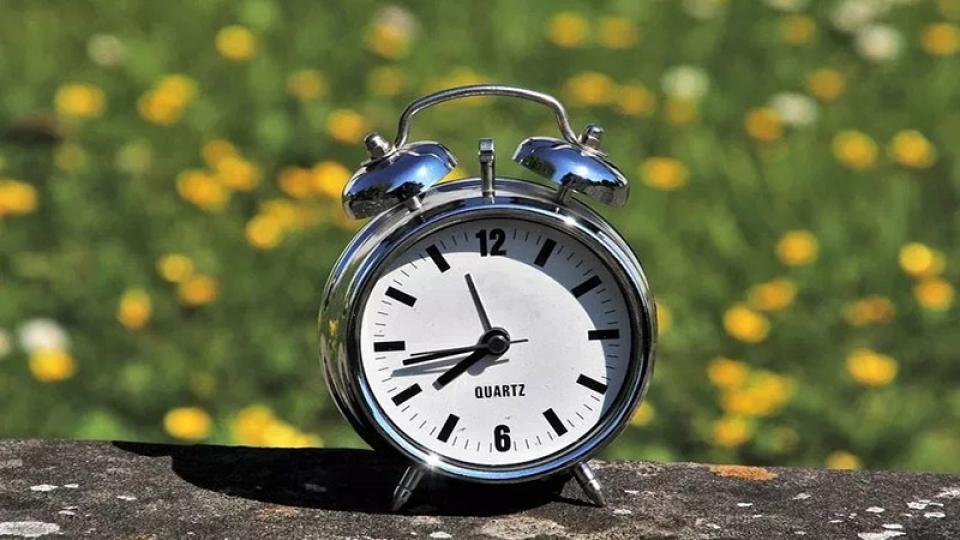Europe to scrap Daylight saving time

Daylight saving time across Europe will soon put an end changing clocks hours backward and forward. European overwhelmingly expressed frustration and confusion over change of an hour in winter and summer.
The move comes after a Europe-wide survey in which a vast majority said that time was up on the changing of the clocks, European Commission president Jean Claude-Junker announced on August 31, citing the ‘will of the people’ expressed in a recent survey.
Millions of tourists and transport passengers, as well as tour operators and ticketing agents, long-distance drivers and bankers are often caught in the confusion of who don’t take part in the continental switch, specially Russia, Turkey and Iceland.
The changing of the clocks in summer and winter is very much a German phenomenon. It was introduced in the country in 1980 for the purpose of saving energy.
Since 1996, all Europeans have been changing their clock forward by one hour on the last Sunday of March and by one hour backward on the last Sunday of October. The reason for the initial implementation of daylight saving time was to tackle the issues in the transport and logistics sectors that arise from uncoordinated clock-changes throughout the year.
The survey featured around 4.6 million participants and ran between July 4 and August 16. Three million of those were from Germany and around 80 per cent of all participants supported the move. The results also show that 76 per cent of respondents consider the changing of the clocks to be a ‘negative’ experience.
This year the EU faced calls from a number of member states including Finland and Sweden to scrap daylight saving time and join countries such as Russia, Turkey and Iceland who don’t take part in the continental switch.
European Commissioner for Transport Violeta Bulc, responsible for presenting the results of the survey to the College of Commissioners, said: “We will…prepare a legislative proposal to the European Parliament and the Council, who will then decide together.”
